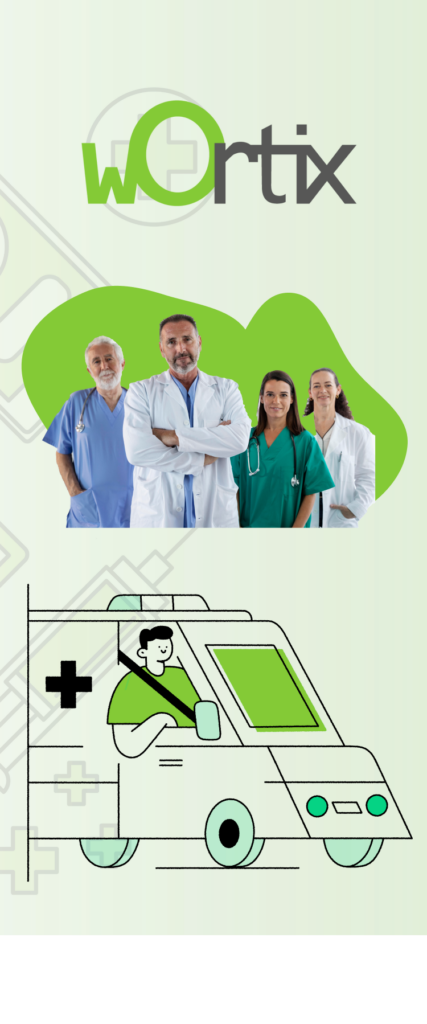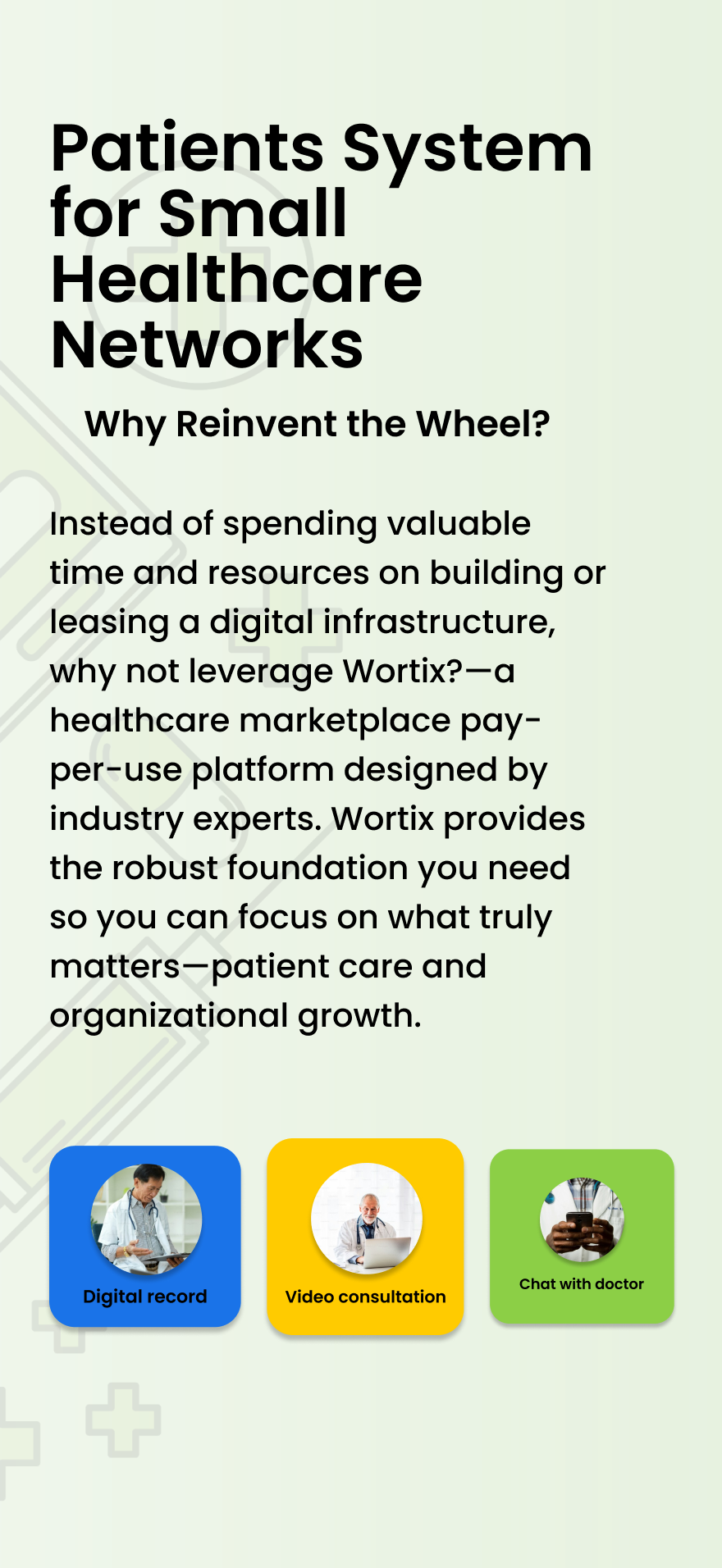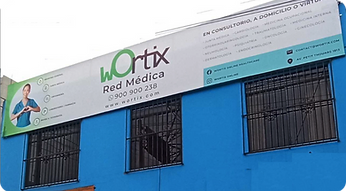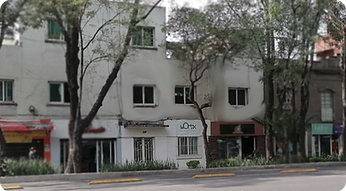In the ever-dynamic field of healthcare, continuous improvement of efficiency in healthcare practices has become paramount. Healthcare providers are constantly seeking ways to optimize their operations to ensure quality, accessible, and patient-centered care. This approach not only benefits healthcare professionals but also has a direct impact on the patient experience and clinical outcomes.
Throughout this exploration, we will examine key strategies and best practices designed to empower healthcare providers in improving efficiency in their practices, highlighting the importance of technology, effective data management, and the implementation of optimized processes. The relentless pursuit of operational excellence is essential to address the changing challenges in the healthcare landscape and deliver quality care in an efficient and effective environment.
Bright Strategies for Healthcare Providers
Healthcare is a complex and challenging sector, and providers are always looking for ways to enhance the efficiency of their practices. Improving efficiency in healthcare practices is crucial to ensuring the delivery of high-quality, patient-centered services in an ever-evolving healthcare environment. Below are some key strategies that healthcare providers can implement to optimize efficiency in their practices:
Implementation of Advanced Technologies:
The adoption of advanced technologies, such as Electronic Health Record (EHR) systems and telemedicine platforms, can significantly increase efficiency in healthcare. These tools not only improve data accessibility and accuracy but also facilitate interdisciplinary collaboration and reduce administrative burdens.
Automation of Administrative Processes:
Automating administrative tasks, such as appointment scheduling, billing, and inventory management, frees up valuable time for healthcare professionals. By reducing administrative burdens, providers can focus more on direct patient care and crucial clinical activities.
Optimization of Clinical Workflows:
Reviewing and optimizing clinical workflows can streamline the care process. Identifying and eliminating bottlenecks, as well as improving coordination among care team members, contributes to more efficient care and a better patient experience.
Development of Strategic Collaborations:
Collaborating with other healthcare providers, laboratories, and referral systems can facilitate faster and more efficient exchange of medical information. Strategic alliances can improve care continuity and reduce duplications, resulting in more effective and patient-centered care.
Continuous Training and Staff Development:
Investing in ongoing staff training enables healthcare teams to stay updated with the latest practices and technologies. Well-trained staff are more likely to efficiently use available tools and adapt to changes in care protocols.
Collection and Analysis of Data:
Collecting and analyzing clinical data can reveal patterns and areas for improvement. Using data analytics to inform clinical and operational decisions allows for more informed decision-making and improves overall care effectiveness.
Focus on Preventive Care:
Prioritizing preventive care can help avoid long-term health issues and reduce the burden on the healthcare system. Promoting healthy lifestyles and proactive management of chronic diseases can lead to a healthier population and a decrease in unplanned visits.
By adopting a comprehensive approach that incorporates these strategies, healthcare providers can move towards more efficient care practices, simultaneously enhancing the quality and scope of healthcare. Continuous evolution and adaptability to the latest innovations will be crucial to addressing ongoing challenges in the healthcare sector and improving the efficiency of medical practices.
Benefits of Improving Healthcare Providers’ Practice Efficiency
Optimizing efficiency in healthcare practices brings a series of significant benefits for healthcare providers, impacting both the quality of care and the sustainability of the practice. Here are some key benefits highlighted:
Improved Quality of Care:
Operational efficiency is closely linked to the quality of care. By reducing wait times, eliminating redundancies in processes, and improving coordination among healthcare professionals, providers can deliver more timely and patient-centered services.
Increased Patient Satisfaction:
Workflow optimization and reduced administrative burden directly contribute to a more positive patient experience. Patients appreciate punctuality, accessibility, and personalized attention, strengthening the doctor-patient relationship and fostering loyalty.
Enhanced Staff Productivity:
By implementing advanced technologies and automating administrative processes, valuable time is freed up for medical and administrative staff. Increased productivity allows professionals to focus on direct patient care and crucial clinical activities.
Operational Cost Reduction:
Operational efficiency not only improves productivity but can also lead to a reduction in operational costs. Process automation, efficient inventory management, and the prevention of administrative errors can result in substantial savings.
Improved Continuity of Care:
Optimized clinical workflows and effective collaboration among team members enhance continuity of care. This is essential to ensure patients receive consistent and coordinated care over time, even in complex healthcare environments.
Talent Attraction and Retention:
Efficient and patient-centered medical practices are attractive to healthcare professionals. The ability to offer a work environment that values efficiency and quality of care can help attract and retain qualified medical and administrative staff.
Adaptability to Healthcare Evolution:
Continuous optimization prepares medical practices to adapt to changes in healthcare. Early adoption of new technologies and continuous process improvement ensure providers are ready to face emerging challenges and seize new opportunities.
Regulatory and Quality Compliance:
Operational efficiency facilitates compliance with healthcare regulations and quality standards. The ability to document and follow proper protocols is strengthened, reducing the risk of errors and improving patient safety.
In summary, optimizing efficiency in healthcare practices is not only an operational imperative but also generates tangible benefits in terms of quality, patient satisfaction, productivity, and financial sustainability. Healthcare providers embracing efficiency not only improve their internal outcomes but also contribute to a more effective and patient-centered healthcare system.
Conclusion:
Optimizing efficiency in healthcare practices is a strategic imperative for healthcare providers in today’s healthcare landscape. The adoption of approaches that improve operational efficiency not only responds to the demands of the ever-changing medical environment but also offers substantial benefits for the quality of care and the sustainability of practices.
The importance of optimizing efficiency is directly reflected in a significant improvement in the quality of provided care. By reducing wait times, minimizing administrative errors, and fostering greater coordination among healthcare professionals, providers are better positioned to deliver more timely, patient-centered, and high-quality services.
Furthermore, the economic benefits resulting from operational efficiency should not be overlooked. Reducing operational costs through automation and efficient management not only improves practice profitability but also allows for greater investment in advanced technologies and continuous service improvement.
Efficiency optimization also contributes to patient satisfaction, strengthening the doctor-patient relationship and fostering long-term loyalty. Patient-centered healthcare, supported by efficient workflows, not only translates to positive patient experiences but can also influence healthcare decision-making.
Internally, staff productivity is enhanced, allowing healthcare professionals to dedicate more time to direct patient care and essential clinical activities. This not only improves staff morale and satisfaction but also contributes to greater talent attraction and retention in a competitive environment.
Ultimately, efficiency optimization prepares healthcare providers to face future challenges and adapt to the continuous evolution of healthcare. The adoption of agile operational practices and the implementation of innovative technologies promote responsiveness and adaptability in an ever-changing healthcare environment.
In a world where quality, efficiency, and patient satisfaction are critical factors, healthcare providers seeking to improve and optimize their care practices are better positioned to deliver exceptional outcomes and forge a sustainable, patient-centered future in healthcare. Leading technology companies like Wortix are working diligently to develop innovative and effective solutions to address challenges in the healthcare field. Connect with our team and be part of this experience.















